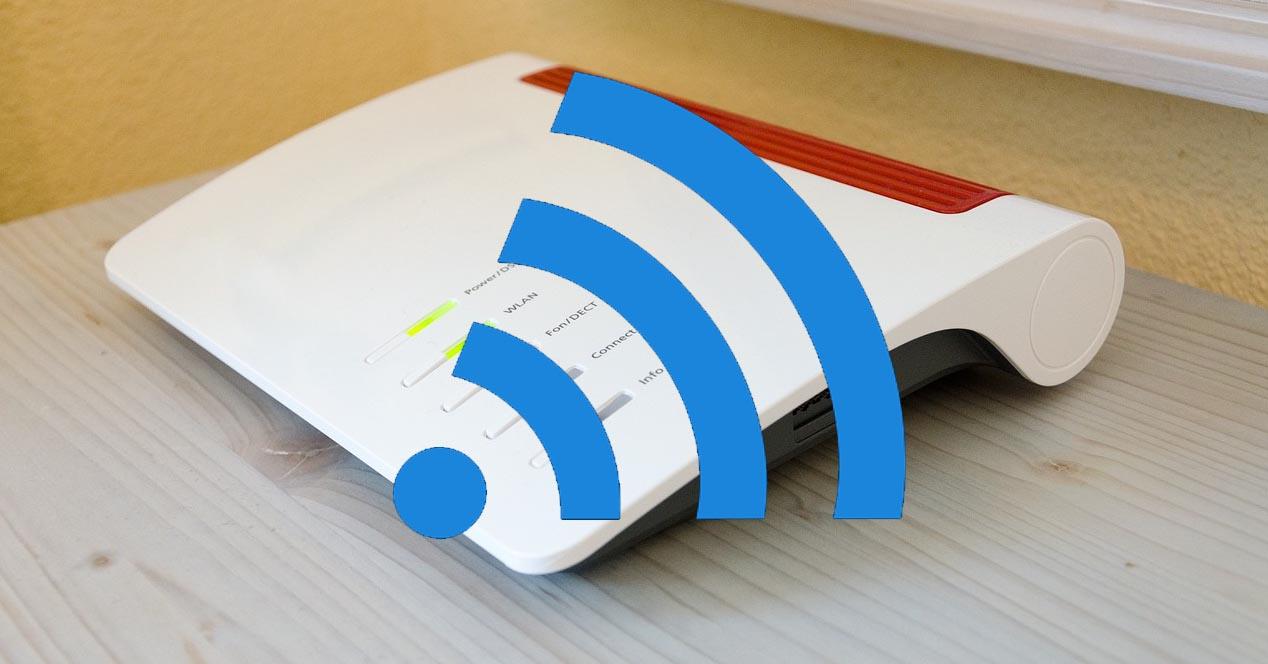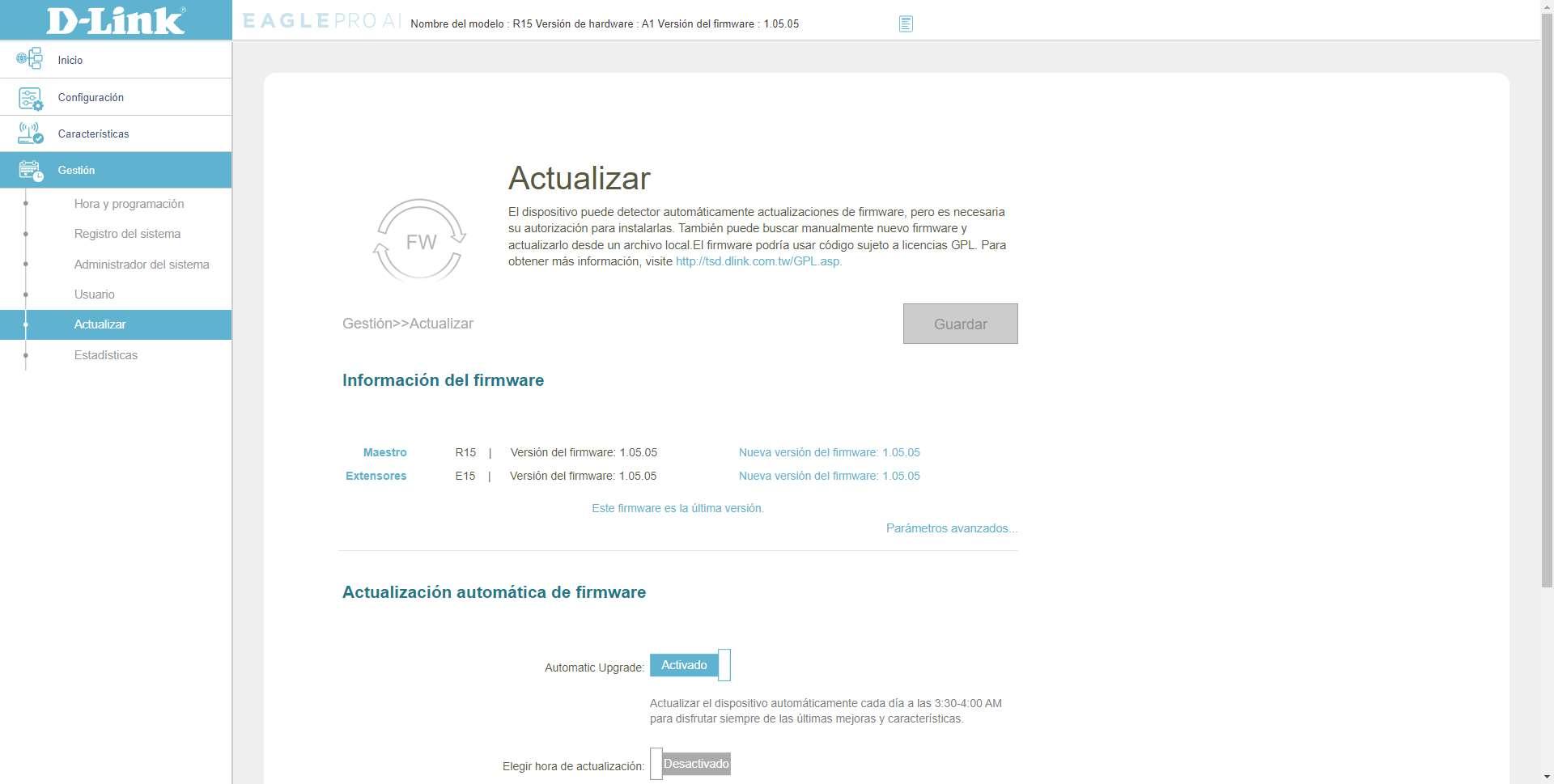The preferred way to connect to the Internet is through our home WiFi connection. However, it is possible that we have often encountered problems such as low coverage, very bad speed and even cuts in the wireless connection. On some occasions, this is solved by making certain configurations in your router that improve the WiFi connection, and that is that we should always make a series of adjustments to optimize the wireless network as much as possible. Other times it depends on where you physically place the router in your home, because it is not the same to place it behind a piece of furniture and that it is covered, than in a high place and free of obstacles. However, there is an aspect that always goes through something, below, we will explain everything about it.
Firmware updates are a much-neglected aspect of WiFi routers. Just as every month we receive updates to the operating system of our smartphone or tablet, as well as the corresponding Windows updates, a router must also be updated when there is a new firmware version. Manufacturers focus much of their development efforts on providing a stable WiFi connection without any dropouts, low speeds, and high latency.
Does an upgrade really improve WiFi?
One of the main objectives that different manufacturers have when developing firmware is to improve the user experience of the WiFi wireless network. When a router comes on the market with a new chipset, manufacturers do not have enough “feedback” from their customers about how their router works wirelessly. As the weeks and months go by, they receive different reports about possible problems that have been detected, especially compatibility with different smartphones, tablets and even the WiFi cards of laptops and models with USB.

WiFi is one of the main changes that router firmwares undergo throughout their life of updates, which generally last up to four years of regular updates. There are manufacturers that release a greater number of updates, such as ASUS or AVM, and other manufacturers that do not, such as D-Link. However, the most important thing is that the firmware updates are stable and fix current problems, without introducing new ones.
In the world of WiFi, it is quite difficult to get 100% correct and provide compatibility and good performance to the millions of devices that exist, because an internal change in the WiFi driver of a router can cause a certain brand and model of WiFi card to fail. It used to work before, now it stops working correctly. For this reason, it is so important to pay close attention to the list of firmware changes, because if there is a change in the WiFi network and when you update you have problems, the reason is exactly this.
How to update the firmware of the routers
Routers are currently updated automatically, many years ago router updates were completely manual, since a series of procedures had to be carried out that were not available to any user:
- Enter the web of the router in question, in the firmware section.
- Download the firmware for our model, and be careful not to make a mistake and download another one.
- Install the firmware via web on the router.
In case of having problems with the new version, it was always recommended to reset the equipment to factory settings, with the aim of starting from scratch with the configuration and trying to solve these problems.

Now the firmware updates are automatic, we can configure the router to check daily if there are new updates, and if we do have new updates, to automatically download and install the new firmware at a time when the connection is not being used, like in the early morning hours. This ensures that we will always have the latest updated firmware version, this is perfect for not having to keep an eye on new updates and carry out the entire process manually.












